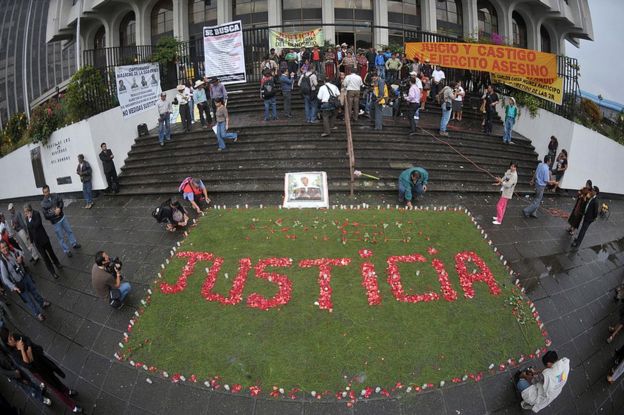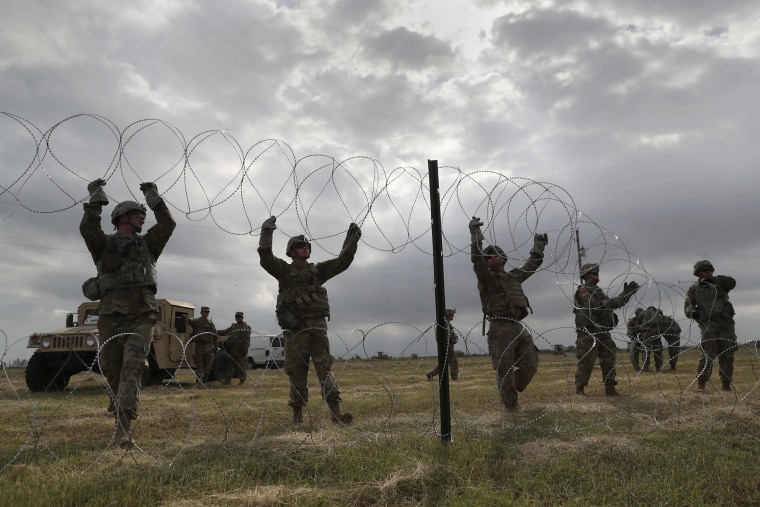Global Military Justice Reform contributor Tim Dunne has created a new website, Canadian Observatory for Military Justice Reform. From the site:
Canada’s military justice system operates outside the purview of many Canadians, whose taxes fund its operations, as well as those of the Department of National Defence (DND) and the Canadian Armed Forces (CAF). The Canadian military’s justice system operates separately from and independently of the Canadian civilian justice system and, as a consequence, is largely invisible to the general Canadian public.Congratulations to Tim. We look forward to using and learning from the new, user-friendly site, which is still being populated but already includes many useful links.
R v Sussex Justices, Ex parte McCarthy ([1924] 1 KB 256, [1923] All ER Rep 233) is an English case that dealt with the impartiality and recusal of judges. It is the root of the principle that the mere appearance of bias is sufficient to overturn a judicial decision and led to the aphorism “Not only must Justice be done; it must also be seen to be done.”
To many, both military and civilian, entering a court martial is like entering a different world. Courts martial have their own rules and are administered, adjudicated, attended and argued by military personnel in uniform. Members of the public are normally welcome to attend courts martial and interested members of the community should make an effort to do so to ensure that justice is, indeed, seen to be done.
This website is dedicated to opening the doors and drawing back the drapes on Canada’s military justice system, to contributing to an increased public awareness of this system, and to promoting a public discussion and dialogue.
































